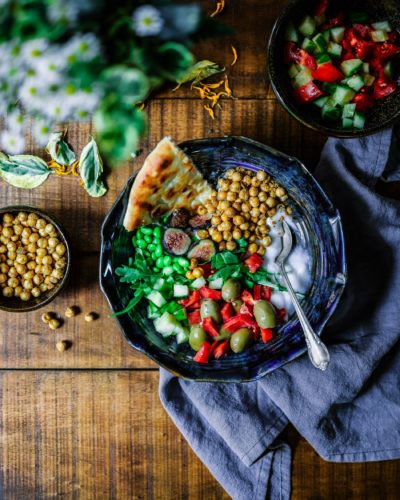
Truth: we are not nutritionists. That said, after a bit of trial and error and working with patients and various health professionals, we have picked up on these and common do’s and dont’s. Lindsey Hagen, PT and healthy running nut discusses the importance of balance in your diet and making sure you do what is best for your body, as they say, “You do you…” 
Improper nutrition/hydration can destroy a race, long run, or training build-up depending on how depleted you allow yourself to get. It is well documented that poor nutrition correlates with higher injury rates. Tissue adaptation to load will change based on your systems macronutrients.
Everyone is different in terms of what they can tolerate and how they best function. In general, if you are burning calories with moderate to high intensity cardiovascular exercise your body will use the calories you consume (whatever that may be) as energy. If you eat only carrots, your body will find a way to utilize those as energy. Conversely, if you eat only cookies your body again will turn that into energy. The point of nutrition is finding the best fuel sources that will sustain your system for the demands placed on it.
There is a lot of hype currently about the Keto Diet. Depleting yourself of carbohydrates in order to burn fat efficiently works very well when you are less physically active or moving “slow.” However, if you are trying to push your pace to run fast, carbohydrates are necessary. Most endurance runners are efficient fat burners due to the longevity of the activity performed. If you are just starting a walk-run routine and your goal is to loose weight then you may consider some sort of restrictive diet. If your goal is performance, then your mindset should be fuel your body appropriately for the activity at hand. A well balanced diet of fat, carbohydrate and protein is essential for strong tendons and bones. The exact quantity/proportions of these fuel sources vary by individual. During activity, it is recommended to consume 100-200 Kcal/hr of activity. But again, this can vary from one individual to the next. Speak with your primary care provider or a nutritionist, as well as they know your body and routine and can help recommend best nutrition practices specific to you.
Hydration during activity is similar to nutrition in that it varies based on the individual. Endurance athletes should avoid loosing >2% of body mass in a long workout. Most activity longer than 90 min in duration will require some sodium replacement. For ultra-endurance events, constant water consumption without any electrolyte replenishment places you at risk for hyponatremia. Hyponatremia refers to a low level of sodium in the blood relative to the amount of fluid and can lead to a medical emergency. For everyday water consumption, not considering additional for hydration for exercise duration, a good marker is drink half your body weight in ounces of water.
Happy Fall Fueling
LH
